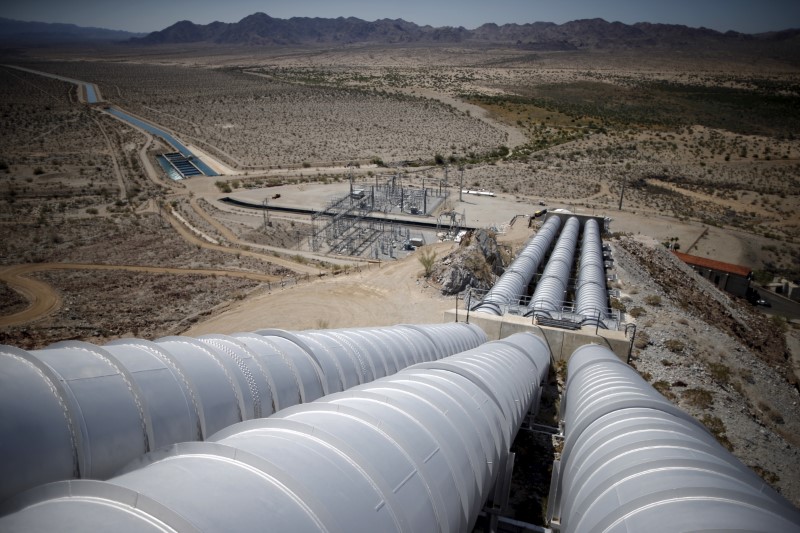By Ethan Lou
CALGARY, Alberta, Sept 26 (Reuters) - Canada's energy regulator has ordered Kinder Morgan Canada Ltd KML.TO to stop some work on its Trans Mountain pipeline expansion, after a public company blog post showed it had been conducting activities that had "not yet been approved."
In a letter sent on Friday, the National Energy Board (NEB) said Kinder Morgan has started work along the pipeline portion of the project, which the company is not yet allowed to do, and that it has to stop. The letter was filed to the NEB's website.
Kinder Morgan Canada, a division of Houston-based Kinder Morgan Inc (NYSE:KMI) KMI.N , did not immediately respond to a request for comment.
The C$7.4 billion ($5.9 billion) project, which would twin the current Trans Mountain pipeline, faces opposition from environmental and aboriginal groups and the provincial government of British Columbia, through which the pipeline passes.
While the project has federal approval, work on the pipeline itself cannot begin until the NEB determines its precise route, a process that has no firm conclusion date. The regulator has so far granted permission only for work on a coastal marine terminal, whose capacity needs to be increased to handle the extra crude from the expansion. Morgan Canada has not yet responded to the NEB, a spokesman for the regulator said on Tuesday.
The company has blogged frequently about its efforts to engage communities along the pipeline route and actions for the environment.
In a post this month, it wrote about installing devices to deter fish from spawning around construction areas for the project. The post included plans to install similar devices at another 21 sites.
The NEB wrote to the company: "Based on the information available to the board, it appears as though Trans Mountain is in violation of one or both of subsections ... of the NEB Act.
The letter did not mention any penalties or deadline for compliance.
The Trans Mountain expansion would nearly triple the capacity of the existing pipeline from Canada's oil heartland of Alberta to the west coast.
Canadian crude producers say their landlocked product needs more pipeline capacity to fetch better prices. Those opposing the project say they are concerned about its potential impact on climate change and increased possibility of spills.
A legal challenge that could overturn Trans Mountain's approval will be heard next week in Vancouver.
